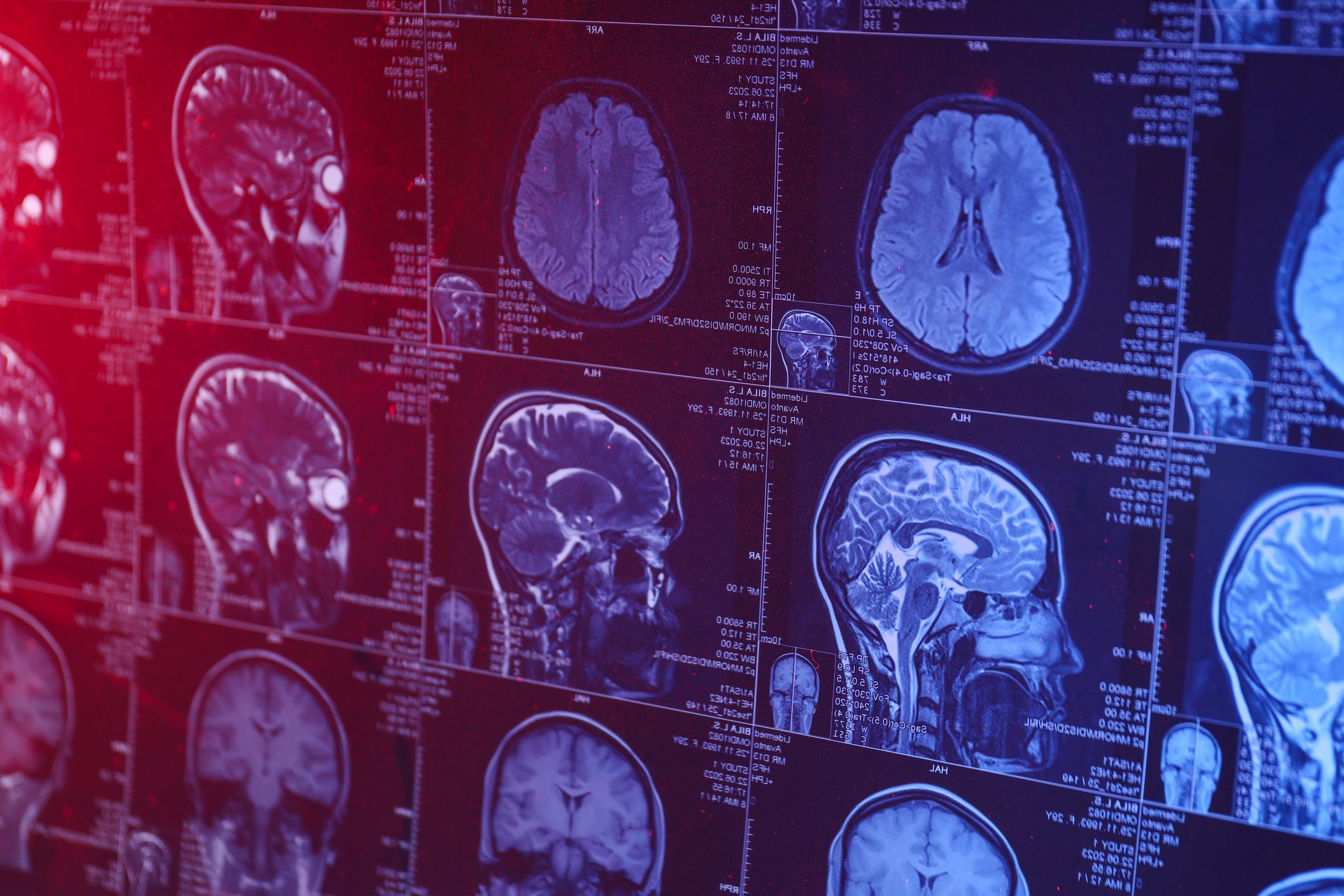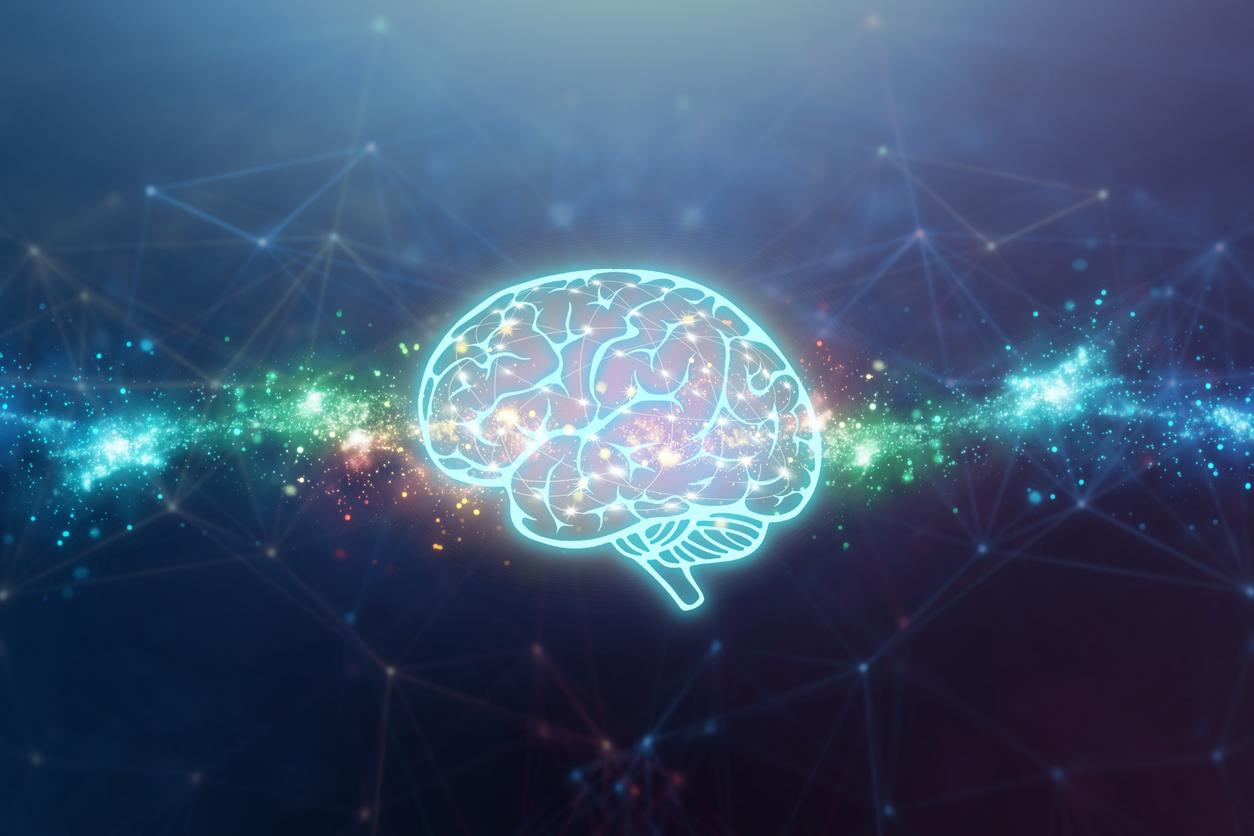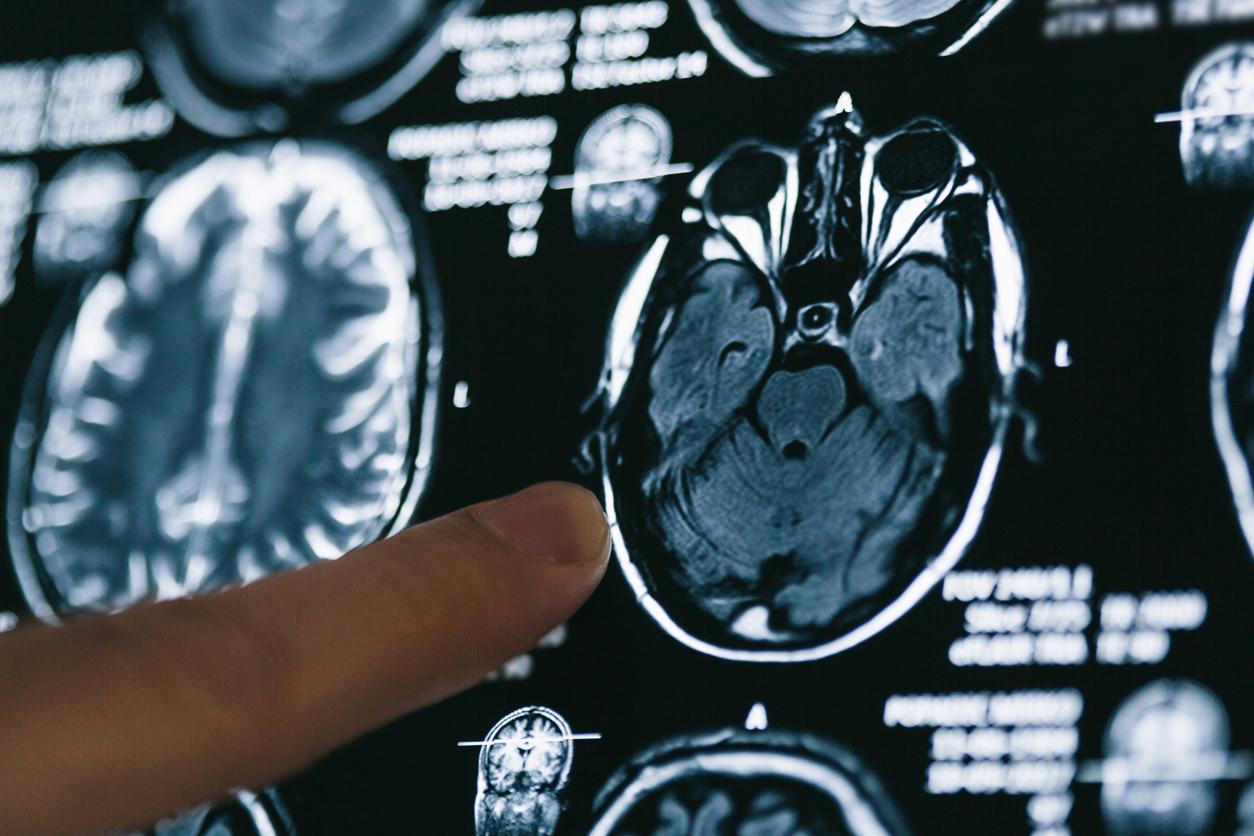During pregnancy and immediately after birth, women may experience cognitive difficulties such as concentration or memory problems. They are thought to be caused by changes in their subcortical limbic networks – the parts of the brain associated with pregnancy hormones – a phenomenon called the “baby brain”. According to a 2016 study published in the journal Nature Neuroscience, this change is explained by the levels of hormones and in particular estrogen which seems to modify the structure of the brain, and thus modifying the way in which women think. But future mothers would not be the only ones to know about these modifications.
A study, one of the few on the subject, published on September 7 in the journal Cerebral Cortex and conducted by researchers from the Madrid Institute of Health, suggested that fathers could undergo “brain and biological changes to psychologically adjust to the birth of their baby”.
“The study of fathers offers a unique opportunity to explore how parenting experience can shape the human brain when pregnancy is not experienced directly.”, the researchers said. For the study, the researchers assessed the brain of 40 Straight Dads Becoming Dads For The First Time. Half of them were based in Spain and took part in brain scans before their partner’s pregnancies and then a few months after the birth. The other half were based in the United States and took part in scans during mid- to late-pregnancy and then seven to eight months after birth. A control group of 17 childless men was simultaneously analyzed in Spain.
Reduction of approximately 1% of gray matter
After analyzing the volume, thickness and structure of their brains, the researchers showed that men did not experience the same changes in the subcortical limbic areas. However, they showed signs of brain changes at the gray matter level,”a reduction of about 1%” in this area involved in social understanding and information storage.
They also showed reductions in the volume of their visual system. “These findings may suggest a unique role for the visual system in helping fathers recognize their infants and respond accordingly.”the researchers said.
Is that bad ? Despite this shrinking of brain regions, the researchers reassure that these observed brain changes are by no means negative. According to the 2016 study on mothers, the decrease in this gray matter would ultimately not be lasting, and would last about two years. “A loss of gray matter volume may also represent a beneficial process of maturation or specialization.said Elseline Hoekzema, the main author.
Sources:
- First-time fathers show longitudinal gray matter cortical volume reductions: evidence from two international samples, Cerebral CortexSeptember 7, 2022
- Pregnancy leads to long-lasting changes in human brain structure, Nature Neuroscience, December 19, 2016
















